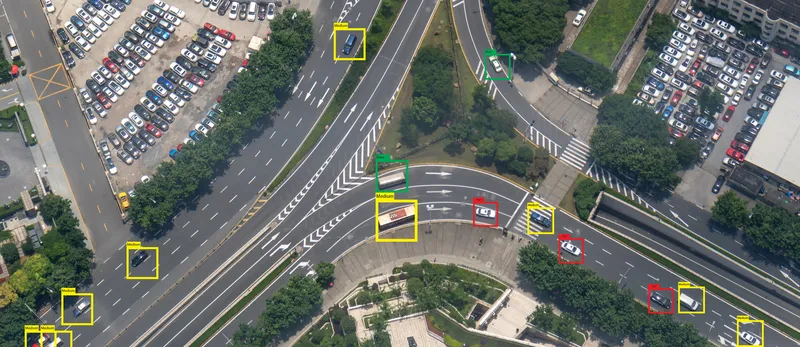The European Union will use over US$15 million from the Ten-T programme to co-finance two initiatives for the extension of Vienna’s tri-modal port container handling capacity and a project to upgrade the transport link between northern Sweden and western Finland.
The project to extend Vienna’s tri-modal port will receive funds of over US$7 million and includes studies and works which will help eliminate major bottlenecks in the port's transfer and combination capacity.
The studies will plan and design
November 15, 2013
Read time: 2 mins
The 1816 European Union will use over US$15 million from the Ten-T programme to co-finance two initiatives for the extension of Vienna’s tri-modal port container handling capacity and a project to upgrade the transport link between northern Sweden and western Finland.
The project to extend Vienna’s tri-modal port will receive funds of over US$7 million and includes studies and works which will help eliminate major bottlenecks in the port's transfer and combination capacity.
The studies will plan and design the expansion of the Austrian port, a key intersection of international transport and transhipments between inland, rail and road transport and will specifically look at extending the port’s container handling capacities. The works will then extend the port's container handling capacities through land recovery and the construction of a new quay wall in order to optimise the areas of operation, thereby improving the port’s local connections and basic infrastructure.
Just over US$8.2 million will also be used to co-finance a project to upgrade the Bothnian Corridor transport link between northern Sweden and western Finland, including land and waterborne transport systems.
The project will construct and improve the transport links through new transport patterns, multimodal logistics and cost efficient solutions. Infrastructure investments will be made in both countries in order to improve port logistics, rail connections and port intermodality.
The project will also conduct an analysis of traffic management and the organisational aspects of the transport link, as well as the development of a new transport concept and the procurement of a ferry.
Once completed, the initiative will have a positive impact on the cohesion of the entire Baltic SEA region and will improve the environmental performance of the SEA connection and the accessibility of this peripheral region.
All the initiatives will be monitored by the6025 Trans-European Transport Network Executive Agency (TEN-T EA) and are set to be completed by the end of 2015.
The project to extend Vienna’s tri-modal port will receive funds of over US$7 million and includes studies and works which will help eliminate major bottlenecks in the port's transfer and combination capacity.
The studies will plan and design the expansion of the Austrian port, a key intersection of international transport and transhipments between inland, rail and road transport and will specifically look at extending the port’s container handling capacities. The works will then extend the port's container handling capacities through land recovery and the construction of a new quay wall in order to optimise the areas of operation, thereby improving the port’s local connections and basic infrastructure.
Just over US$8.2 million will also be used to co-finance a project to upgrade the Bothnian Corridor transport link between northern Sweden and western Finland, including land and waterborne transport systems.
The project will construct and improve the transport links through new transport patterns, multimodal logistics and cost efficient solutions. Infrastructure investments will be made in both countries in order to improve port logistics, rail connections and port intermodality.
The project will also conduct an analysis of traffic management and the organisational aspects of the transport link, as well as the development of a new transport concept and the procurement of a ferry.
Once completed, the initiative will have a positive impact on the cohesion of the entire Baltic SEA region and will improve the environmental performance of the SEA connection and the accessibility of this peripheral region.
All the initiatives will be monitored by the









